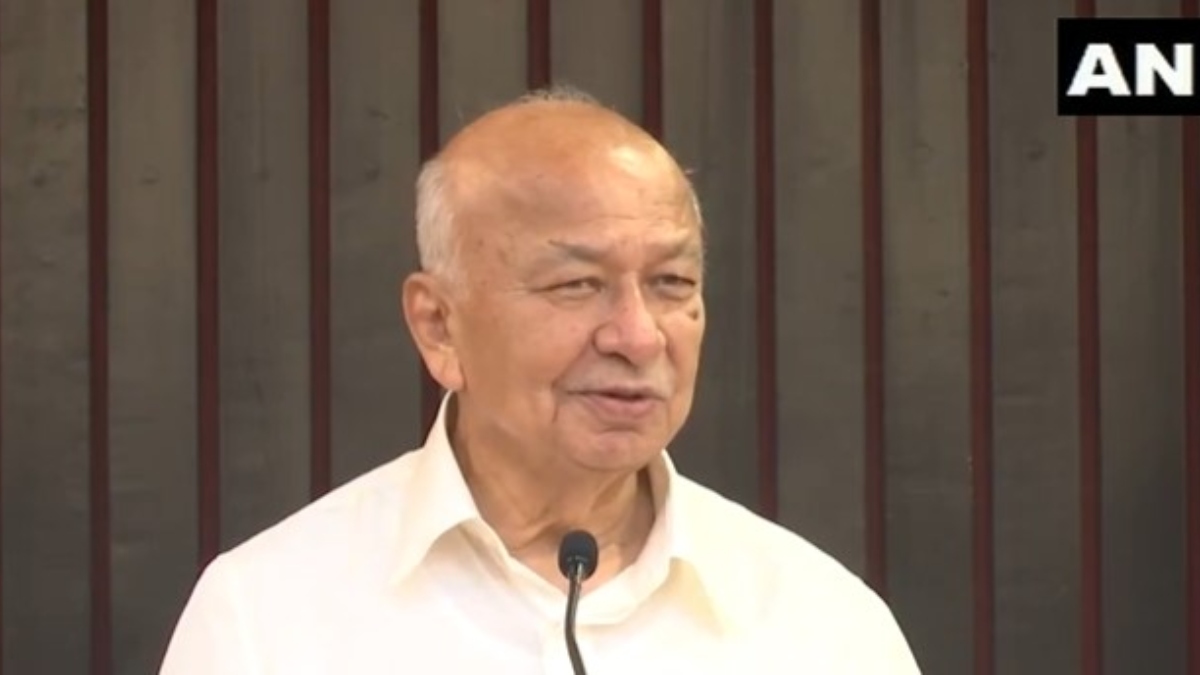 |
|
Sushilkumar Shinde, a veteran Congress leader and former Union Home Minister, has ignited a political firestorm with his candid admission of fear during his tenure in Kashmir. While launching his memoir, 'Five Decades of Politics', Shinde revealed that he was apprehensive about visiting Jammu and Kashmir, particularly Srinagar, while serving as Home Minister during the Manmohan Singh-led UPA government. His statement, made in front of Congress President Mallikarjun Kharge, has been met with swift condemnation from the BJP, who view it as a reflection of the Congress party's alleged failure to effectively address the Kashmir issue.
Shinde's remarks, captured in his memoir, paint a picture of a leader grappling with the complexities and inherent risks of governing a region marked by insurgency and unrest. He candidly recounts how he was advised by Vijay Dhar, a prominent Kashmiri leader, to engage in public appearances, such as delivering lectures and strolling by the Dal Lake, to project an image of a fearless Home Minister. However, Shinde's personal apprehensions about security and safety in the region remained, prompting him to confide in Dhar that he felt “scared”. This confession has become a focal point of the political debate, with the BJP seizing upon it as evidence of the Congress's perceived weakness and ineffectiveness in handling Kashmir.
The BJP has been quick to capitalize on Shinde's revelation, using it to further their narrative that the Congress failed to bring peace and stability to Jammu and Kashmir during their tenure. The party highlights the improvements in security and development since the abrogation of Article 370 in 2019, citing a significant decline in stone-pelting incidents and a steady rise in terrorist neutralization. They contrast these statistics with the period prior to 2019, attempting to portray the BJP's handling of Kashmir as far more successful. This political battle has also extended to social media, with BJP spokesperson Shehzad Poonawalla using X (formerly Twitter) to sharply criticize the Congress and draw a parallel between Shinde's admission and Rahul Gandhi's recent visit to Kashmir, highlighting the perceived contrast in approach.
Beyond the political ramifications, Shinde's memoir offers a glimpse into the challenges and intricacies of political leadership. His account sheds light on the internal dynamics within the Congress, particularly his own struggle with factionalism and the impact of caste considerations on his political trajectory. He recounts how his own caste became a barrier to his continued leadership in Maharashtra, despite his electoral success. This personal narrative adds another layer to the public discourse surrounding Shinde's revelation, suggesting that his apprehension about Kashmir might be rooted in a broader context of political anxieties and struggles.
The controversy surrounding Shinde's comments has reignited the debate on Kashmir and its political complexities. It has raised questions about the effectiveness of previous government approaches and highlighted the ongoing political struggle for control and narrative shaping. As the Congress and BJP engage in this verbal battle, the people of Jammu and Kashmir continue to grapple with the realities of living in a region marked by persistent conflict and political uncertainty.
